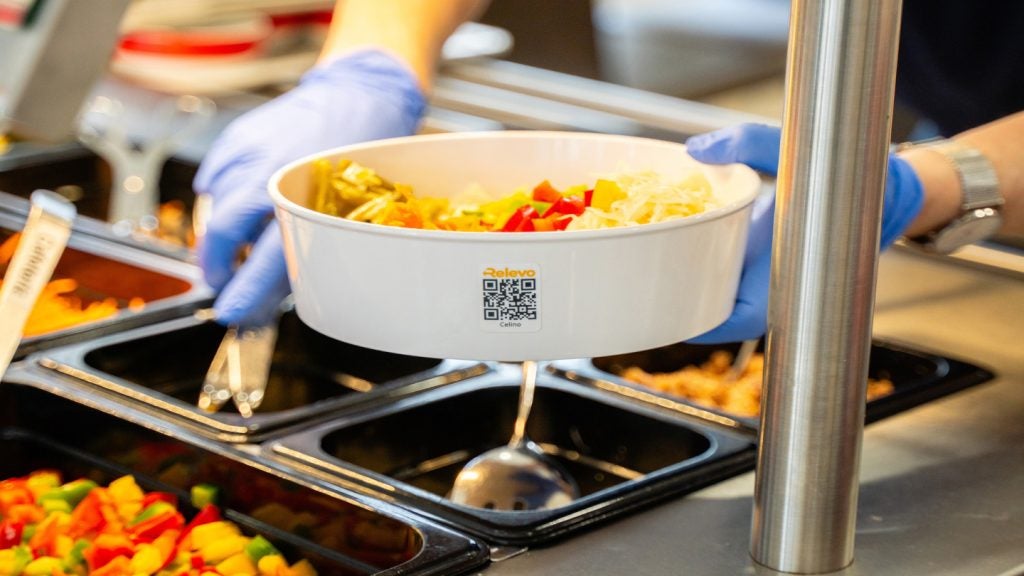Oil-resistant packaging matters deeply across industries—from fast food and cosmetics to industrial tools—where preventing leaks, stains and spoilage is essential.
Whether wrapping greasy chips, protecting delicate machinery parts or keeping bakery items intact, materials that resist oil and grease help maintain product quality, preserve freshness and enhance user confidence.
Understand what makes packaging oil-resistant, the materials commonly used, and how sustainable designs are shaping the industry.
Performance of oil-resistant packaging materials
Oil and grease barrier packaging relies on special materials designed to block greasy liquids effectively.
Popular options include oil- and grease-resistant paper, which uses coatings or treatments that create a durable barrier even in folded areas—crucial for food wraps and takeaway bags, resisting oil without leaking.
Another eco-friendly alternative is oil- and water-resistant paper impregnated with fluorinated resins, which allows steam to escape while preventing sogginess—a feature prized in fresh food applications.
For flexible film solutions, multilayer structures containing ethylene vinyl alcohol (EVOH) offer high resistance to oil and solvents while preserving clarity and printability.
Environmental considerations and innovations
Historically, many greaseproof or oil-resistant packaging relied on fluorocarbons or PFAS chemicals—effective but concerning due to their persistence in the environment.
In response, brands and packaging suppliers are shifting to PFAS-free, plastic-free oil-resistant coatings that deliver robust barrier performance without harmful chemicals.
Innovations like OLEO-PAK 4100, for instance, offer a heat-sealable, grease-blocking surface that’s fully recyclable, compostable and compliant with food regulations.
Such materials align with growing consumer and regulatory demands for sustainable, oil-resistant packaging.
Practical benefits and everyday uses
Oil-resistant packaging is practical beyond just resisting grease. It keeps food fresh, prevents packaging failure, and protects storage—especially in takeaway or food-service contexts.
Barrier coatings based on emulsion polymers block oil, water and humidity, making them invisible workhorses used daily—be it for burgers, pastries or coffee cups.
For businesses, using grease-resistant paper bags helps maintain a clean and professional presentation—no greasy stains on clothes or seats, even when handling hot, oily food.
Brands benefit from reduced complaints, waste and returns, while consumers enjoy leak-free, confidence-boosting packaging.











